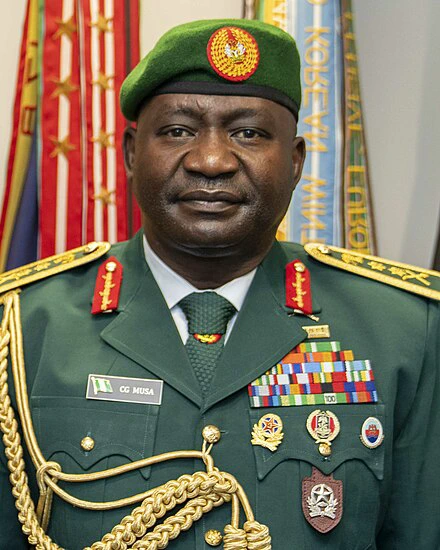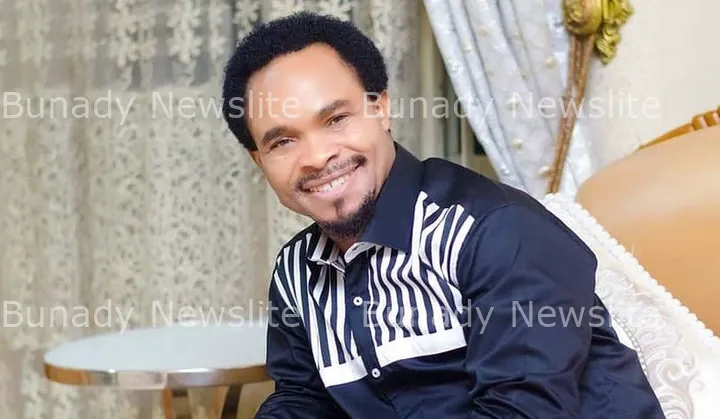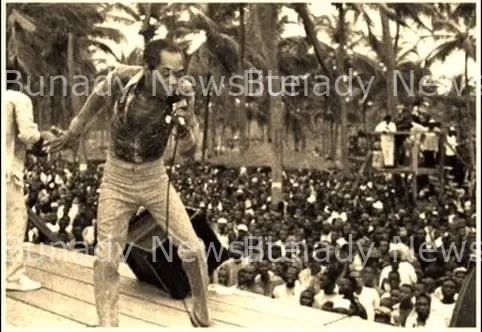As Nigeria contends with significant economic and security challenges, there have been alarming calls for a military coup. However, such proposals are fundamentally at odds with the democratic principles and stability that Nigeria has built in recent decades.... CLICK TO READ THE FULL NEWS HERE▶▶
Military coups historically worsen rather than resolve national issues. The legacy of past coups in Nigeria highlights this reality. The first coup in 1966 led to the dismantling of federalism and the creation of states that have struggled financially. Subsequent coups further destabilized the country, and it wasn’t until 1999 that Nigeria returned to democratic rule. These periods of military rule left behind a legacy of economic mismanagement, corruption, and weakened national institutions.
Today, military intervention is an unlikely solution to Nigeria’s problems. Military regimes typically impose authoritarianism, suppress civil liberties, and lead to widespread human rights abuses. The current political and civil framework in Nigeria has evolved to support democratic governance, which contrasts sharply with the repressive nature of military rule.
Addressing Nigeria’s current challenges requires a robust democratic approach. Key to this is ensuring free and fair elections, maintaining an independent judiciary, and implementing effective checks on executive power. To mitigate public discontent, the focus should be on tackling socioeconomic disparities, poverty, and unemployment through investments in education, healthcare, and infrastructure.

Inclusive political dialogue and ensuring that all societal segments have a voice in governance are crucial for stability. Civil society, including political parties, advocacy groups, and the media, plays an essential role in holding the government accountable and promoting positive change.
In summary, Nigeria’s commitment to democratic principles and its developed political framework make a military coup an impractical and counterproductive solution. By continuing to address socioeconomic issues and strengthening democratic institutions, Nigeria can navigate its challenges and maintain stability without reverting to military rule.











